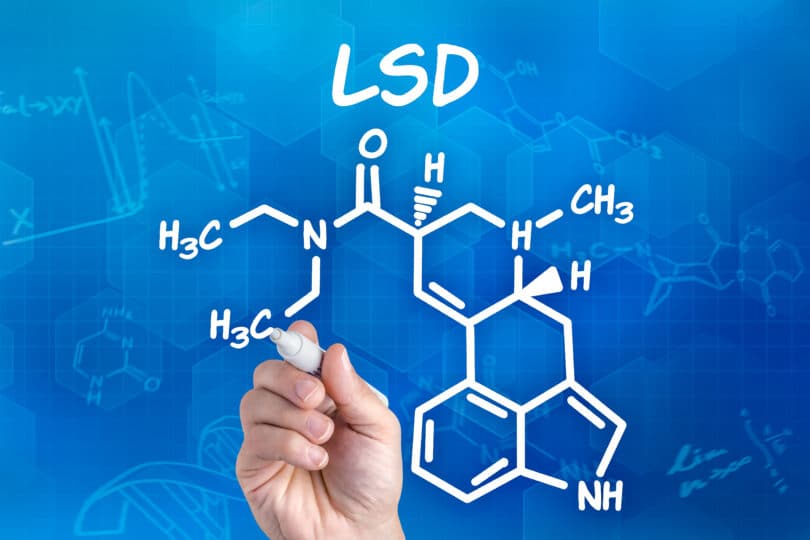A study conducted by Conor Murray at UCLA delves into the effects of THC and LSD on neural complexity, revealing intriguing insights into their psychedelic properties. Utilizing synthetic THC (Marinol) and microdoses of LSD, the research evaluates their impact on brain activity and anxiety levels, comparing them with methamphetamine’s effects.
LSD (Lysergic acid diethylamide) and psilocybin are renowned for enhancing brain activity complexity, but does THC, a key component of cannabis, share similar psychedelic properties? Recent research led by Conor Murray from UCLA aimed to explore this question by examining the effects of oral THC on neural complexity. The study employed electroencephalogram (EEG) to monitor brain activity in two groups of participants: one receiving synthetic THC (Marinol) and the other a microdose of LSD. Additionally, a third group was given methamphetamine to compare the effects of a stimulant drug without perception-altering properties.
Participants reported the highest level of intoxication from THC, with both THC and LSD increasing anxiety levels to varying degrees. This finding adds to the ongoing debate about THC’s role in anxiety management. Surprisingly, only LSD significantly enhanced neural complexity, suggesting distinct differences in how these substances affect brain function.
The study’s findings challenge the notion of THC as a psychedelic based on traditional definitions, highlighting the need for further research into cannabis’s complex effects on the brain. The debate over cannabis’s psychedelic status continues, fueled by subjective interpretations of what it means to “manifest the mind.”
Why It Matters: This research sheds light on the nuanced effects of THC and LSD on the brain, contributing to the broader discussion about the classification and therapeutic potential of psychedelic substances. Understanding these effects is crucial for developing effective treatments for anxiety and other mental health conditions.
Potential Implications: The study’s insights could influence future research directions, potentially leading to new therapeutic applications for THC and LSD in treating anxiety and other psychological disorders. It also prompts a reevaluation of cannabis’s classification as a psychedelic, considering its unique impact on neural complexity and anxiety.
Source: High Times






